Топики на английском для школьников "The State Power System in the Russian Federation"
14 авг
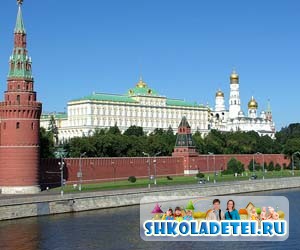
In 1992 — shortly after the Soviet Union broke up — Russia established a transitional (temporary) government headed by Boris N. Yeltsin. Yeltsin had been elected president of the R.S.F.S.R. in 1991. After the break-up of the Soviet Union, Yeltsin continued to serve as president of Russia. In December 1993, Russia adopted a new constitution that established a permanent government.
Russia is a democratic federative state based on rule of law and a republican form of government. State power in Russia is exercised by the President, the Federal Assembly, the Government and the courts.
One of the basic principles of constitutional government is the division of powers. In accordance with this principle, power must not be concentrated in the hands of one person or one institution, but must be divided among the legislative, executive and judicial branches of power. The division of powers requires that there be a clear delineation of responsibilities and a system of checks and balances so that each branch of power can offset the others.
The President is at the summit of the system of state power. He ensures that all the state institutions are able to carry out their responsibilities and keeps watching over them to ensure that no institution can encroach on another's prerogatives, attempt to usurp power in the country or take over another's powers.
The president of Russia is the governments chief executive, head of state, and most powerful official. The president is elected by the people to serve a four-year term. The president, with the approval of the lower house of parliament, appoints a prime minister to serve as head of government. The prime minister is the top-ranking official of a Council of Ministers (cabinet). The council carries out the operations of the government.
Each institution of state power is only partially responsible for enforcing the Constitution. Only the President has the responsibility of safeguarding the state system, the state's sovereignty and integrity overall. This is the guarantee that the other state institutions and officials can exercise their powers in a normal constitutional fashion.
The President's place in the state power system is tied to his constitutional prerogatives regarding, above all, the executive branch of power. Legally, the President is distanced from all the branches of power, but he nonetheless remains closer to the executive branch. This closeness is reflected in the specific constitutional powers the President exercises as head of state.
The origins of this constitutional situation lie in the particularities of the way the government is formed in Russia. The Constitution does not link the process of forming a government to the distribution of seats in parliament among the different political parties and fractions. In other words» the party with the majority in parliament could form the government, but the government does not have to be formed according to this principle. Both approaches would be in keeping with the Constitution. But a situation where the governments makeup does not reflect the parliamentary majority can be a source of problems for many aspects of the executive branch's work, especially law-making. Such problems could reduce the effectiveness of the executive branch's work and make it unable to resolve pressing tasks.
In order to overcome such a situation, the Constitution gives the President a number of powers that he can use on, an ongoing basis to influence the government's work. These powers include approving the structure of the federal executive bodies of power, appointing deputy prime ministers and ministers, the right to preside government meetings, exercise control over the lawfulness of the government's action, and direct subordination of the security ministries to the President. The President has the right to dismiss the government or to accept the Prime Ministers resignation, which automatically entails the resignation of the government as a whole.
The President works with two consultative bodies — the Security Council and the State Council. The President chairs these two councils. The system of Presidential power includes the Presidential Plenipotentiary Envoys in the Federal Districts.
Ключевые теги новости: топики, английский язык



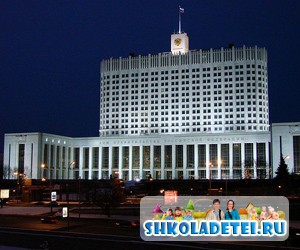 Топики на английском для школьников "Government"
Топики на английском для школьников "Government"
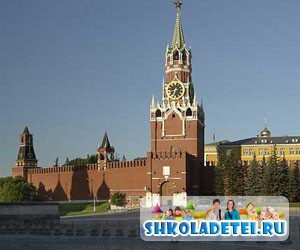 Топики на английском для школьников "Famous Landmarks: the Kremlin"
Топики на английском для школьников "Famous Landmarks: the Kremlin"
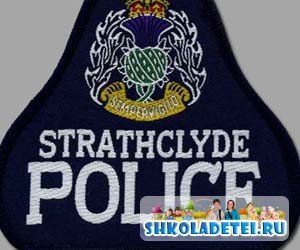 Топики на английском для школьников "Political System of Great Britain"
Топики на английском для школьников "Political System of Great Britain"
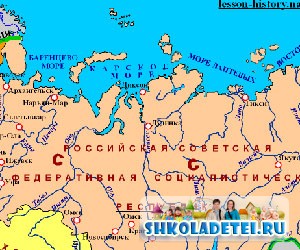 Топики на английском для школьников "The early Russian State"
Топики на английском для школьников "The early Russian State"
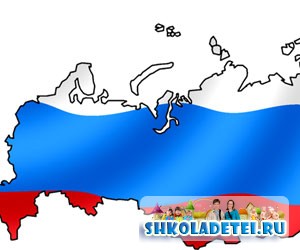 Топики на английском для школьников "RF political system"
Топики на английском для школьников "RF political system"
